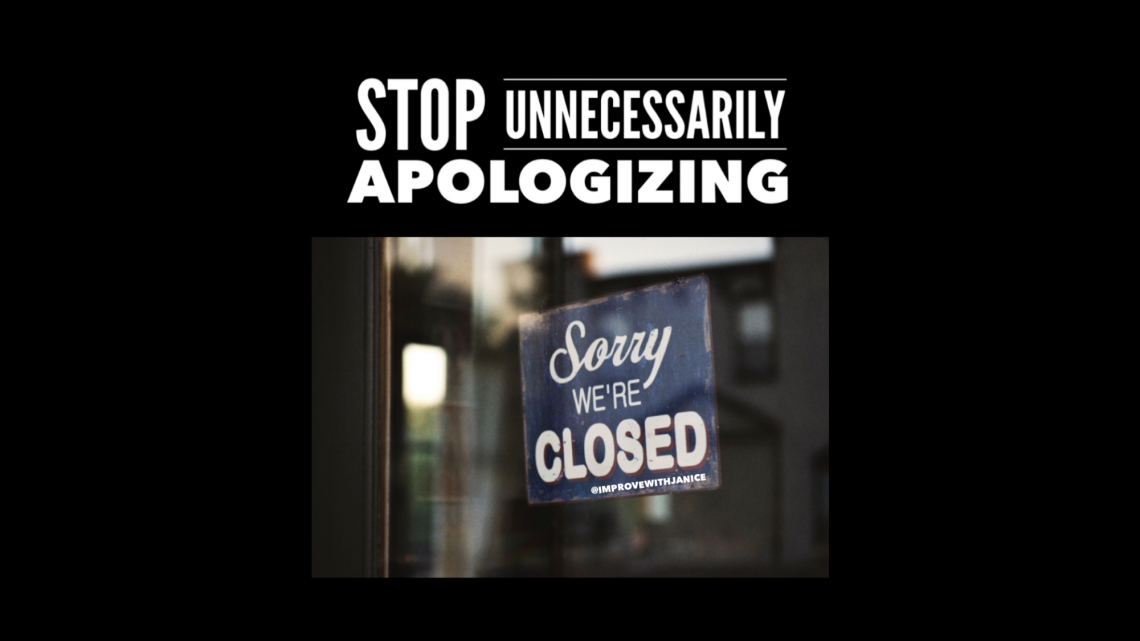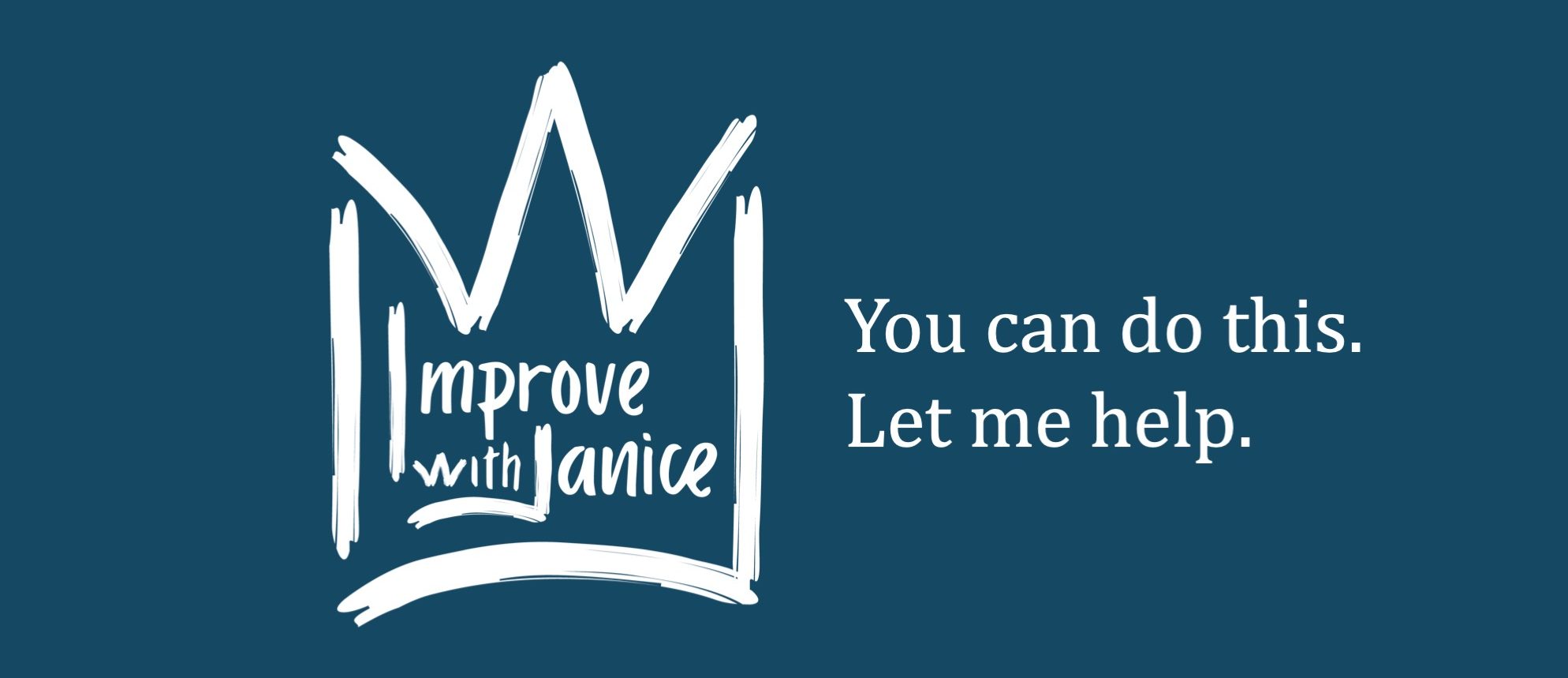Stop Unnecessarily Apologizing
08/01/2021
Have you ever apologized to an inanimate object? Have you, not sarcastically, said sorry for something that was well out of your control? We all appreciate that they have a correct place and time, but frequent and unfounded apologies don’t serve our purpose or help make meaningful connections. It doesn’t take long after you say, “Sorry!” when you bump a table in an empty room to realize a change could do some good.
First, the Why
Apologizing unnecessarily can create a sense of poor confidence and also contribute to feelings of inadequacy. Unfounded apologies can drive increased anxiety through attempting to shoulder responsibility of things outside of our control. By apologizing we are declaring a role.
One way to improve your sense of self-assurance is to take responsibility for what is yours as well as to effectively determine what is not. There is no reason to link your composure on a call to the pesky jackhammer outside the window of your office. You could apologize for it and let it frazzle you, but if the construction is out of your control consider an alternative phrase…
Swap in “Thank You”
Using “thank you” in place of “sorry” is a great vocabulary swap to curb unnecessary apologies. This is especially useful in a scenario where you would like to acknowledge someone’s inconvenience but not shoulder the blame. For example, instead of “So sorry I’m late. There was an accident” try using “Thank you for waiting. There was an accident.” You are still acknowledging the importance of their time and their decision to proceed despite the delay.
Consider if your apologies are worthy and justified. By reserving “sorry” for the right instances and swapping in “thank you” for the others, you can accomplish two things. You reclaim the importance of rightful apologies and avoid using yourself as a scapegoat. This can improve your assuredness as well as the confidence of others in you.
